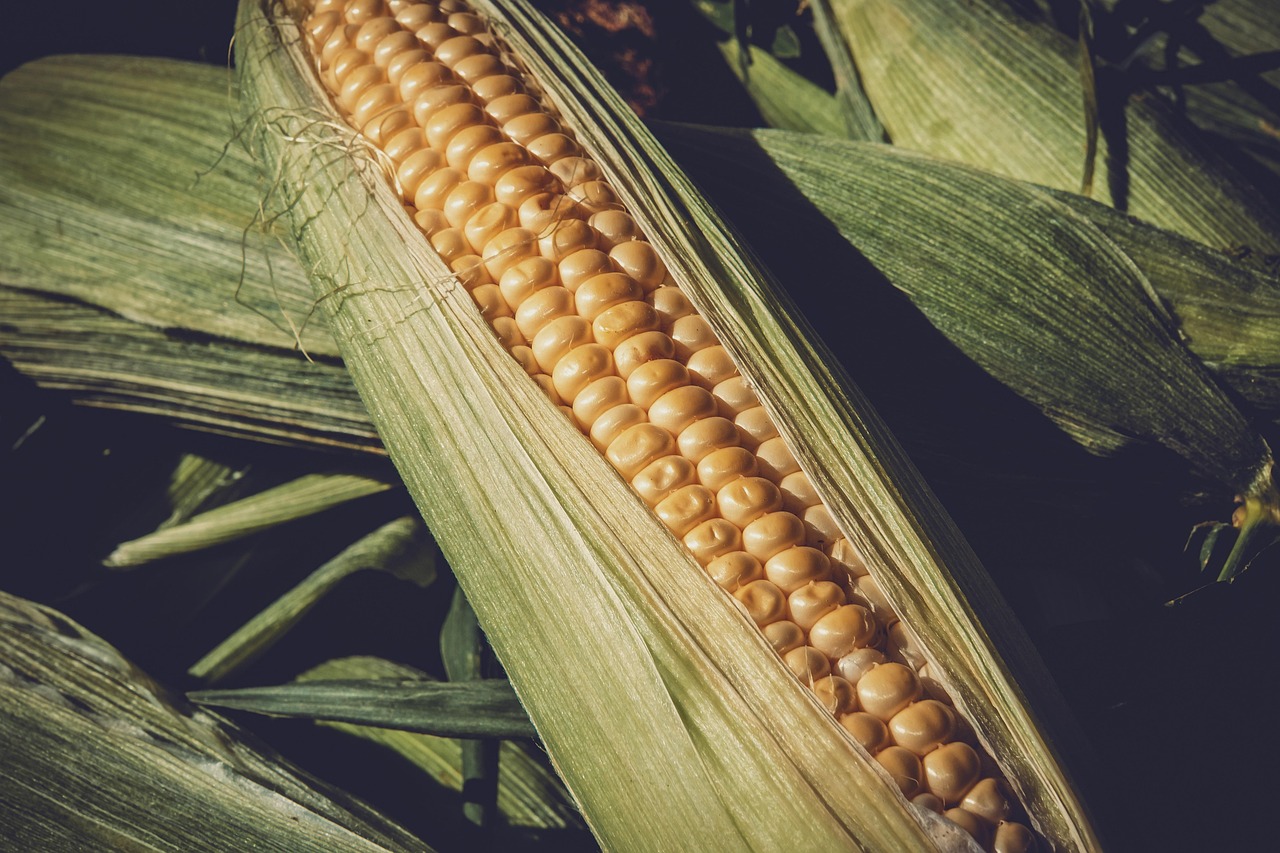“`html
In recent years, the focus on protein intake has surged, driven by an increasing awareness of its vital role in health and fitness. Whether you’re an athlete aiming to enhance performance, a fitness enthusiast looking to build muscle, or someone on a weight loss journey, understanding protein intake is essential. This blog post will explore the importance of protein, optimal sources, recommended intake, and how to effectively integrate protein into your daily diet.
The Importance of Protein Intake
Protein is a fundamental building block of your body’s cells, playing a critical role in numerous bodily functions. It is involved in building and repairing tissues, producing enzymes and hormones, and supporting immune function. Here are some key points highlighting the importance of adequate protein intake:
- Muscle Growth: Protein is crucial for muscle repair and growth post-exercise.
- Weight Management: High-protein diets can promote satiety, reducing overall calorie intake.
- Bodily Functions: Proteins transport molecules, maintain pH levels, and act as catalysts in biochemical reactions.
How Much Protein Do You Need?
Determining your protein requirements can depend on several factors, including age, sex, activity level, and health goals. Here’s a breakdown:
General Recommendations
- Adults: The Recommended Dietary Allowance (RDA) for protein is 0.8 grams per kilogram of body weight.
- Athletes: Those engaged in intense training may require between 1.2 to 2.0 grams per kilogram.
- Older Adults: Increased protein needs (1.0 to 1.2 grams per kilogram) help maintain muscle mass.
Calculating Your Protein Intake
To calculate your daily protein intake:
- Determine your weight in kilograms (divide by 2.2 if measuring in pounds).
- Multiply by the appropriate factor (0.8 for sedentary adults, up to 2.0 for athletes).
Best Sources of Protein
Protein can be obtained from both animal and plant sources. Here are some examples:
Animal Sources
- Meat: Chicken, turkey, beef, and pork are all high in protein.
- Fish: Salmon, tuna, and sardines are not only protein-rich but also provide omega-3 fatty acids.
- Dairy: Milk, yogurt, and cheese offer a good source of protein along with calcium.
Plant Sources
- Legumes: Lentils, chickpeas, and black beans are excellent protein sources.
- Quinoa: A complete protein containing all essential amino acids.
- Nuts and Seeds: Almonds, peanuts, chia seeds, and hemp seeds are nutritious and protein-packed.
Strategies for Increasing Protein Intake
Integrating more protein into your diet doesn’t have to be daunting. Consider these practical strategies:
- Add Protein to Each Meal: Include a protein source with every meal and snack.
- Snack Smart: Choose protein-rich snacks such as Greek yogurt, cheese, or protein bars.
- Cook in Batches: Prepare protein-rich meals (like grilled chicken or bean chili) in advance to save time.
Easy Recipe Ideas
- High-Protein Smoothie: Blend Greek yogurt, spinach, banana, and a scoop of protein powder for a nutritious drink.
- Chickpea Salad: Mix chickpeas, bell peppers, spinach, and a lemon-tahini dressing for a protein-packed side dish.
- Egg Muffins: Whisk eggs with your favorite vegetables and bake in muffin tins for a portable breakfast option.
Potential Risks of Excessive Protein Intake
While protein is essential for health, it’s crucial to avoid excessive intake, which can lead to potential risks:
- Kidney Damage: High protein diets may worsen kidney function in those with existing kidney disease.
- Dehydration: Increased protein can lead to greater water loss, necessitating higher fluid intake.
- Bone Health: Some studies suggest that excessive protein can lead to calcium loss, impacting bone density.
Conclusion
Protein intake is a fundamental aspect of a healthy diet, influencing muscle growth, weight management, and overall bodily functions. By understanding your protein needs, incorporating diverse protein sources, and applying practical strategies to increase your intake, you can achieve your health and fitness goals effectively. Always consider your individual requirements and consult with a healthcare professional if you have any concerns about your dietary choices. Make informed choices and enjoy the benefits of a protein-rich diet!
“`



